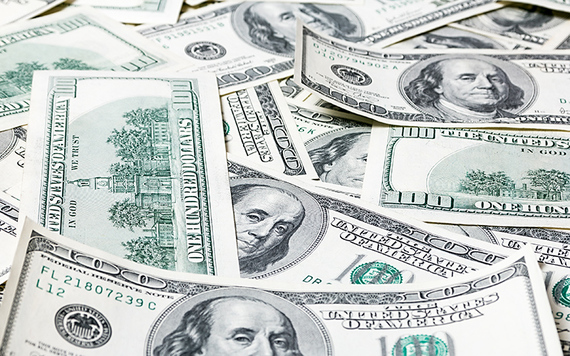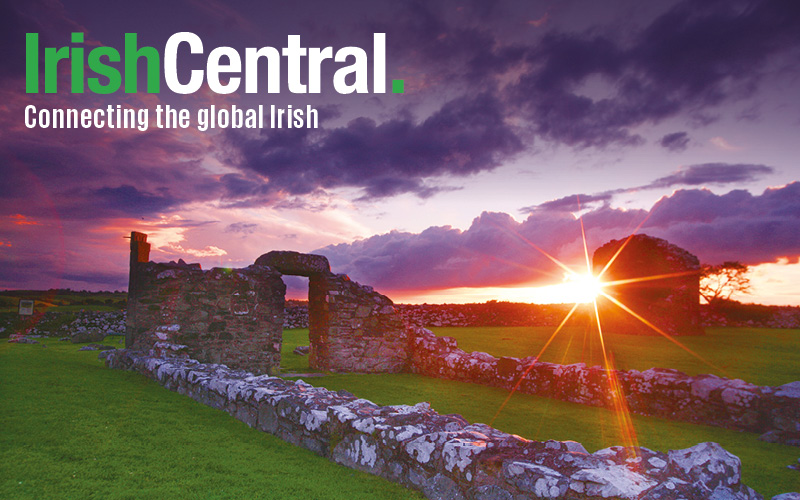You should start thinking of Manhattan as a luxury lifeboat for the rich.
There is no longer a middle class in Manhattan. To understand why you just have to look at the numbers. In 2015 the middle class took home just 13.5 percent of all state income, an anemic figure that's dead last in the nation, underlining why they've been continually priced out of the Big Apple and the American Dream.
But in contrast it's an unprecedented boom time for our top 20 percent of earners, who accounted for a staggering 54.2 percent of all earned income in New York last year.
New York's wealthiest families have seen their incomes double the gains made by middle class families in recent years. Even in the so-called gilded age we didn't see gains this consistently unequal.
And for the 1 percent at the very top of the ladder the share of the income pie is now a robust 26 percent, which means our richest are in now the top bracket, they're number one in the United States - their income growth rate is roughly twice that of the middle class. They have simply left us in their dust.
So you should start thinking of Manhattan as a luxury lifeboat for the rich. It's a place for them to invest cash in property (which drives up rents) and a place for them to develop their own new building projects (which also drive up rents).
Interestingly foreign property buyers don't really want to live in historic New York brownstones. They much prefer the new glass and steel condos that are rising like mushrooms on every block of the city.
The city, if you haven't noticed, is in the midst of a luxury construction boom. If you want to know who's financing it you have to talk about all the private capital that's been flooding in from abroad. Think of it as another concentrated colonial expansion, but this time the Native Americans are you.
Protecting a mighty fortune from being taxed whilst hustling to double it is an age old financial proposition. But never before has it been so possible for the the global elite to move their money around the planet in search of the best tax regimes. Luckily for them and unluckily for us, investing in the New York real estate market has become one of their best go-to solutions.
Of course all of these foreign investors do have to pay some American tax (in property and sales) but the trade off is that they then avoid domestic taxation in places like Russia or China or Venezuela or wherever.
They simply wouldn't be coming here if they weren't getting a terrific deal out of it. Manhattan permits them to lock away millions, especially in ways which helpfully camouflage their identities, a huge international draw.

Why let our pursuit of their often dubious cash mountains distort the domestic market and make life here in Manhattan an increasingly unaffordable dream for the middle class?
Foreign buyers represented a staggering 42 percent of the market in 2016. Meanwhile our streets are clogged with the burgeoning homeless crisis. If you have noticed that the homeless population here has surged you have been paying attention. There was a 39 percent surge in rough sleepers on our streets last year, a larger percentage than at any time since the great depression.
But it doesn't stop there. More than 111,500 students in New York City schools were homeless during the last academic year, enough people to populate a small city. There's no question that living under that kind of stress affects their school performance and will have dire consequences for their (and probably our) future lives.
In the past, when the economy became this dramatically unequal, the middle class usually stepped in to mediate a solution. But now they and their mediating force are missing. The economic model that we have now is closer to a South American banana republic than to the Great Society that we used to be.




Comments